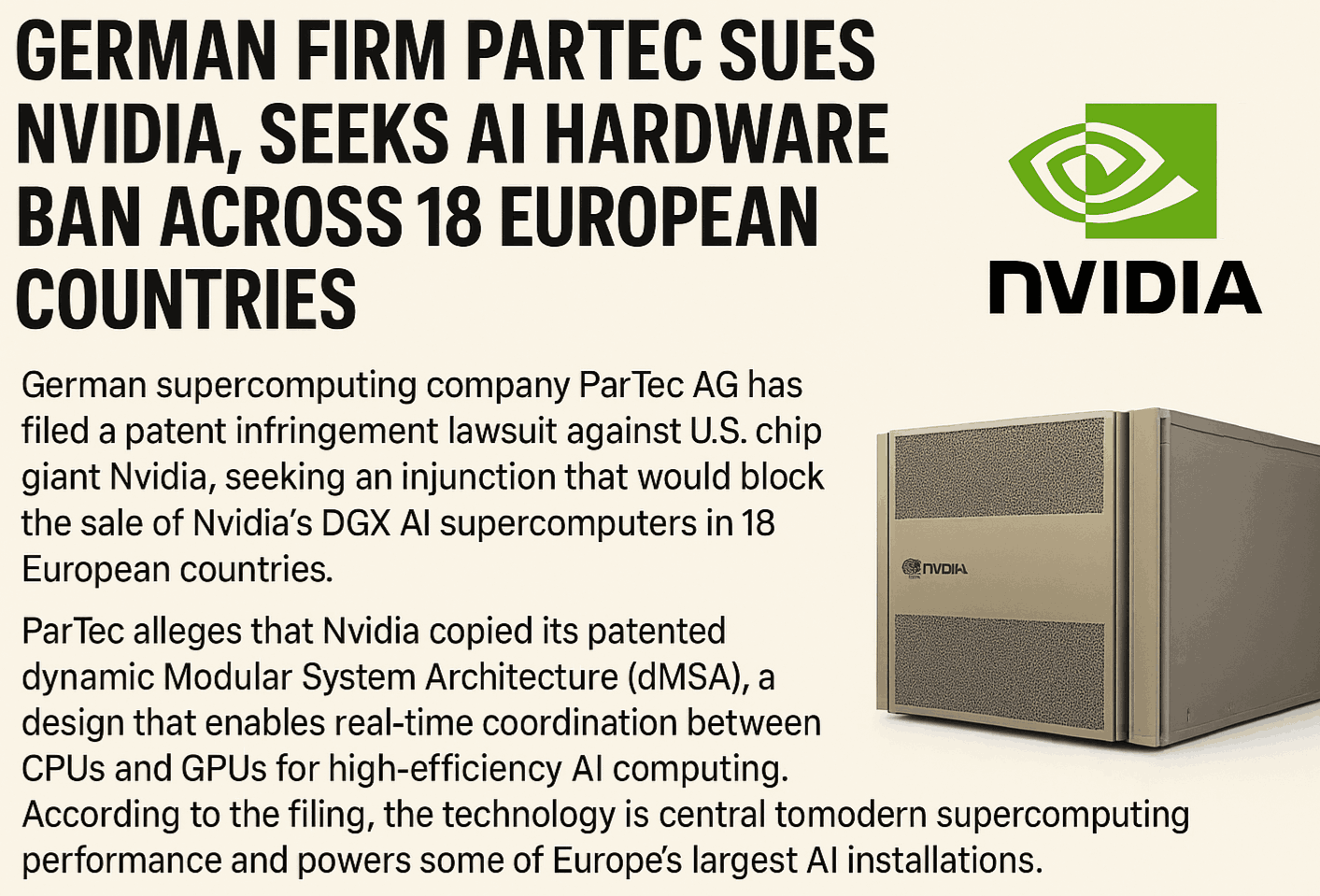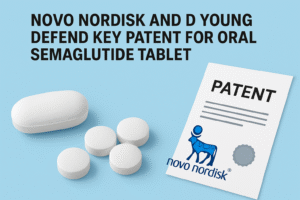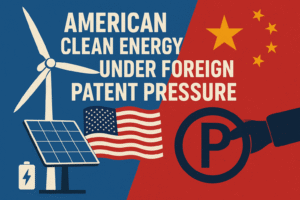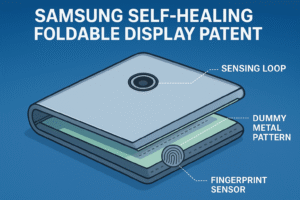German supercomputing specialist ParTec AG has launched a fresh legal offensive against U.S. chip giant Nvidia, filing a patent infringement lawsuit at the Unified Patent Court (UPC) in Munich. The company aims to secure an injunction that would block the sale of Nvidia’s DGX AI supercomputers in 18 European countries.
ParTec alleges that Nvidia copied its patented dynamic Modular System Architecture (dMSA), a design that enables real-time coordination between CPUs and GPUs for high-efficiency AI computing. According to the filing, the technology is central to modern supercomputing performance and powers some of Europe’s largest AI installations.
The lawsuit marks the third patent dispute ParTec has initiated against Nvidia. The company has also demanded that Nvidia disclose detailed sales figures for the DGX line and pay damages for the alleged infringement.
Collaboration Talks Turned Sour
ParTec claims the dispute began in 2019, when it shared details of its dMSA technology and ParaStation software with Nvidia during discussions about a potential partnership. Despite initial interest, the two firms never formalized an agreement. ParTec says Nvidia later integrated the patented design into its DGX systems without permission.
Nvidia continued to supply GPUs to supercomputing projects linked to ParTec, but the German company argues that the absence of a licensing deal made such use unlawful. ParTec also suggests Nvidia’s reluctance to negotiate may stem from its earlier patent case in Texas against Microsoft, one of Nvidia’s largest customers, over the same technology.
Legal and Market Stakes
If the UPC grants the injunction, Nvidia could be forced to redesign its AI hardware or strike a licensing deal with ParTec before re-entering these 18 European markets. The outcome could disrupt Nvidia’s dominance in AI infrastructure across the region and set a precedent for enforcing European technology patents against major U.S. firms.
ParTec’s legal representative, BF exaQC AG, emphasised that protecting Europe’s home-grown innovations is essential for the continent’s technological sovereignty. “Our inventions power some of the most advanced supercomputers in Europe. We have a duty to defend them,” a company spokesperson said.
The Unified Patent Court’s ruling will carry weight well beyond this dispute. As one of the first high-profile AI hardware cases before the UPC, it could shape how Europe balances innovation protection with global competition in the race for AI supremacy.





